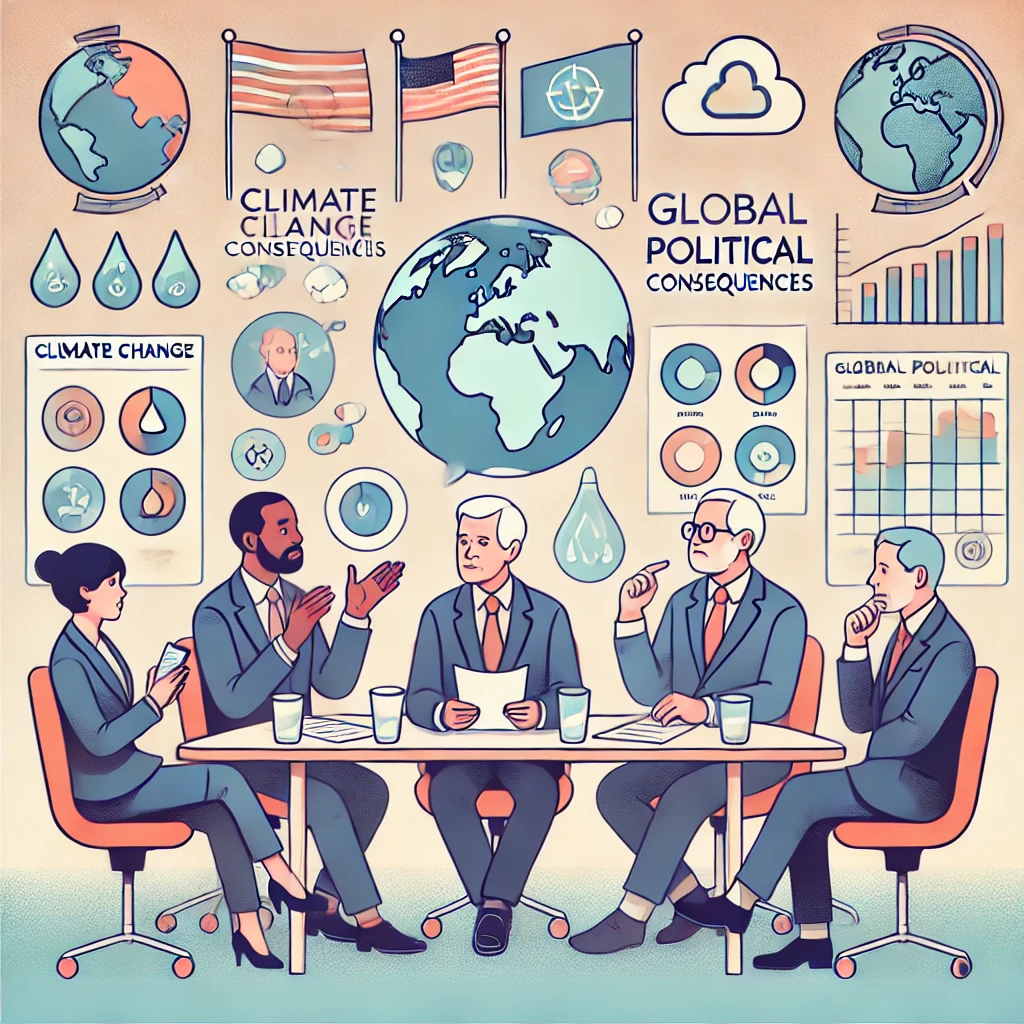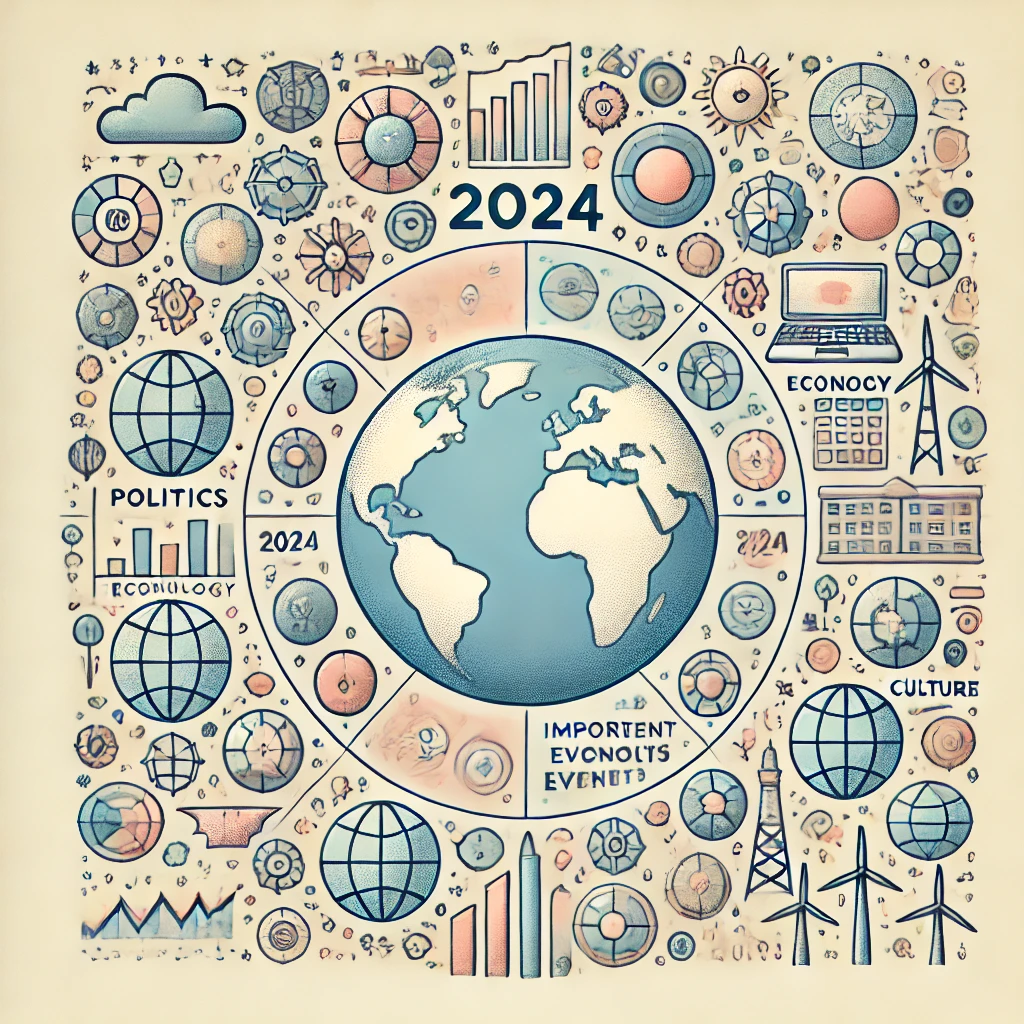The Impact of Climate Change on Global Politics
Climate change is one of the most pressing issues of our time, and its influence extends far beyond environmental concerns. As the planet faces increasingly severe weather events, rising sea levels, and shifting ecosystems, the political landscape is also being reshaped. Here’s a look at how climate change is impacting global politics.
1. International Cooperation
Climate change has necessitated unprecedented levels of international cooperation. Nations must work together to address the global crisis, leading to the formation of international agreements like the Paris Agreement. These efforts aim to reduce greenhouse gas emissions and limit global warming to manageable levels.
2. Policy and Legislation
Governments worldwide are enacting policies and legislation to combat climate change. This includes regulations on carbon emissions, incentives for renewable energy, and efforts to reduce deforestation. These policies often require balancing economic growth with environmental sustainability, leading to complex political negotiations.
3. Geopolitical Tensions
Climate change is exacerbating geopolitical tensions, particularly in regions vulnerable to its impacts. For example, the Arctic region is seeing increased competition among nations for access to newly accessible resources due to melting ice. Similarly, water scarcity is heightening conflicts in already tense regions.
4. Economic Impacts
The economic impacts of climate change are profound, affecting everything from agriculture to infrastructure. Governments must navigate the financial challenges posed by climate-related disasters and the transition to a green economy. This shift can create economic opportunities but also requires significant investment and policy innovation.
5. Migration and Refugees
Climate change is driving migration as people are forced to leave their homes due to environmental changes. This includes rising sea levels, desertification, and extreme weather events. Climate refugees present a growing challenge for international policy and humanitarian aid, requiring coordinated global responses.
6. Environmental Justice
Climate change disproportionately affects marginalized communities, leading to calls for environmental justice. Political movements are advocating for policies that address these inequalities, ensuring that vulnerable populations are protected and included in climate action plans.
7. Energy Transition
The global transition to renewable energy sources is a key aspect of combating climate change. This shift is influencing international relations, as countries compete for leadership in renewable technologies and seek to reduce dependence on fossil fuels. Energy policy is now a central component of national security strategies.
8. Public Opinion and Activism
Public opinion and activism play a crucial role in shaping political responses to climate change. Movements led by young activists, such as Fridays for Future, have brought climate issues to the forefront of political agendas. Governments are increasingly pressured to take decisive action in response to public demand for sustainability.
9. National Security
Climate change is recognized as a national security threat, impacting military operations and stability. Governments are incorporating climate risk assessments into national security strategies, preparing for potential conflicts and humanitarian crises induced by environmental changes.
10. Technological Innovation
Technological innovation is essential for addressing climate change. Governments are investing in research and development of green technologies, from carbon capture and storage to sustainable agriculture. These innovations are critical for reducing emissions and adapting to changing environmental conditions.
Conclusion
The impact of climate change on global politics is multifaceted, influencing everything from international cooperation and policy-making to economic stability and national security. As the world continues to grapple with the realities of climate change, political leaders must navigate complex challenges and opportunities to build a sustainable future.








